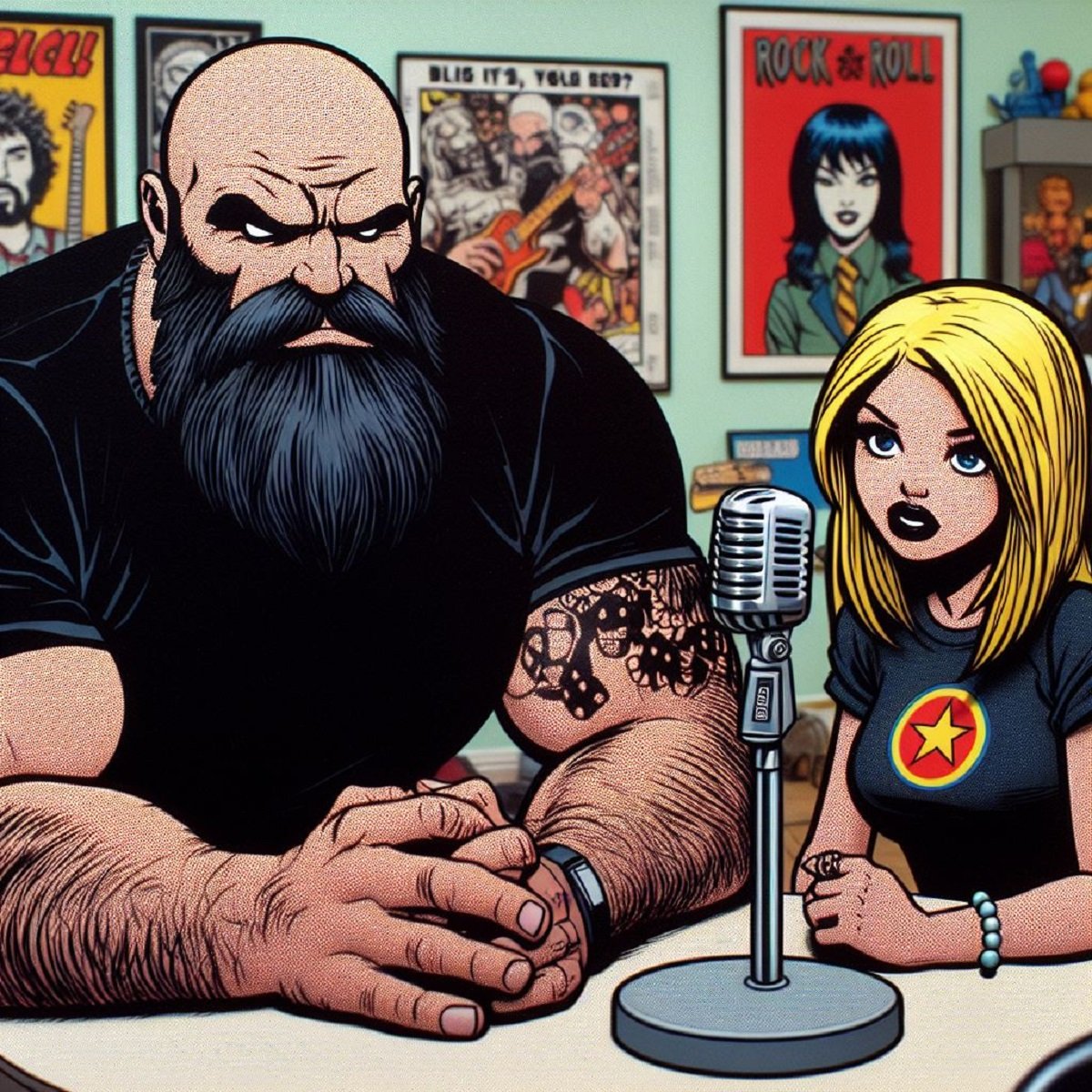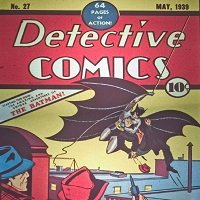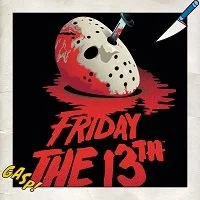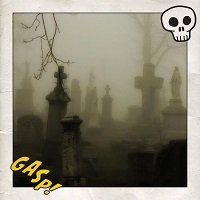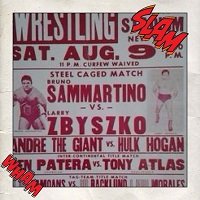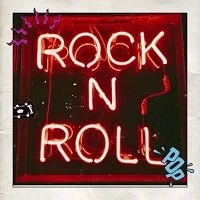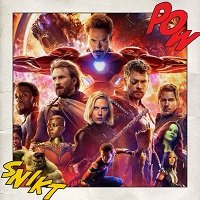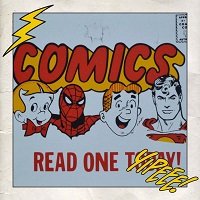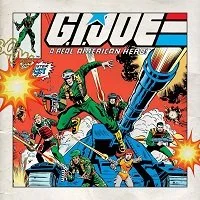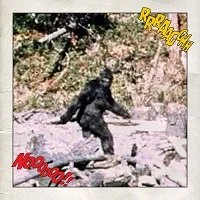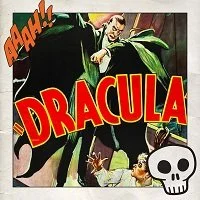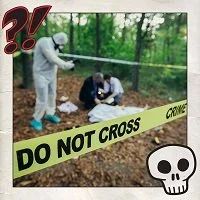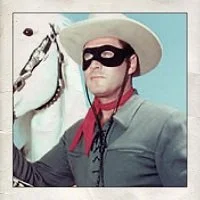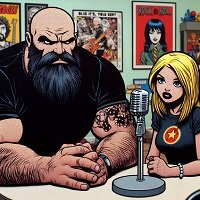A Beginner’s Guide to UFO, Part 2: The Early 1980s Paul Chapman Era
By Joseph Perry (@JosephWPerryJWP; tastethemilkofchocula.blogspot.com)
This article is the second in a series about British hard rock band UFO for When It Was Cool. If you missed part 1, check it out here!
After UFO became a successful international recording and touring act, tensions grew between lead guitarist Michael Schenker and the rest of the band. Schenker left the group after a late-October 1978 concert in Palo Alto, California. While he went on to briefly rejoin the Scorpions and then form his own Michael Schenker Group, UFO recruited Paul “Tonka” Chapman and released the album No Place to Run in January 1980. Produced by George Martin, who had previously worked with The Beatles, the album saw the band take a bit of a misstep in the direction of poppier sounding mid-tempo rock at a time when the New Wave of British Heavy Metal was catching hold.
No Place to Run lacks the harder edge shown on previous studio albums; simultaneously, plenty of contemporary British bands such as Judas Priest, Def Leppard, and Iron Maiden took a more energetic approach that built on the melodic hard rock that UFO had displayed on Lights Out. Chapman was a fine replacement for Schenker, but No Place to Run didn’t take strong enough advantage of showcasing that fact. Still, even mid-tempo and pop-single attempts from UFO were a cut above the norm compared with most of the group’s contemporaries.
Single: “Young Blood.” Here are arguably the most commercial four minutes that UFO had laid to tape up to this point in its history. I quite enjoy this song, a take on the “guy getting the old runaround from a gal” chestnut, despite its blatant attempt at garnering radio airplay.
Album track: “This Fire Burns Tonight” is a life-on-the-road song loaded with good guitar and drum fills.
UFO came back strong when it released the self-produced The Wild, The Willing, and The Innocent in January 1981. As melodic as ever, UFO recaptured its edge that was weakened somewhat on No Place to Run. The songwriting was given a boost when Wild Horses member Neil Carter was recruited to play keyboards and guitar, replacing the departing Paul Raymond. With this long-player, UFO found an outstanding balance between the harder output it had previously been known for and the more commercial sound it was using to try and gain a larger audience. The Wild, The Willing, and The Innocent is one of my favorite UFO albums and a great place for newcomers to start listening to post-Schenker UFO after they have tried one or more of the group’s Schenker-era albums.
Single: “Couldn’t Get It Right.” An upbeat rocker about youth slipping away: “And when you were young/You had big ideas, no hidden fears/You had your heroes, they were walkin' tall/Now your devotion seems comical.” With its catchy, sing-along chorus, this song should have been a much bigger hit for UFO.
Album track: “It’s Killing Me.” With a hypnotic aural landscape and thoughtful lyrics about a relationship going sour --- complicated by substance abuse --- this song is both poignant and punchy at the same time.
February 1982 saw the release of Mechanix, which delivered more of the same --- not a bad thing when it comes to UFO material. The band was reliable when it came to delivering some of the best hard rock albums of the early eighties, with deep cuts that appealed to its hard rock fan base and poppier singles that should have propelled the group to a higher level of stardom.
Single: “Let It Rain.” Unabashedly commercial, the upbeat approach of the melody and chorus belie the tragic lyrics about marital affairs. This is one of my favorite UFO songs.
Album track: “Back Into My Life.” This mid-tempo rocker about life on the streets is a great showcase for Phil Mogg’s vocals, with poetic, evocative lyrics.
Founding member Pete Way left the band after the Mechanix tour to first form Fastway with former Motorhead guitarist Fast Eddie Clarke, and then Waysted with fellow former UFO member Paul Raymond. UFO released Making Contact in February 1983 and though the album didn’t fare as well as its recent predecessors, it is a solid album with plenty of good material.
Single: “When It’s Time to Rock.” Compared with UFO’s previous singles, this release was the least commercial, both lyrically --- it concerns criminal activity on the West End streets of London --- and musically, being more structurally complex and less catchy in a pop sense than previous chart efforts.
Album track: “All Over You.” This tough rocker tells the tale of an unfaithful girlfriend who decides to go professional with her cheating ways.
The Paul Chapman era is fondly remembered by UFO fans as a time when the band continued to deliver well-crafted melodic hard rock with thoughtful lyrics after losing someone who was considered one of rock’s greatest guitarists in Michael Schenker. Most bands probably would have had trouble filling those shoes, but UFO made a wise choice with Chapman and some of the group’s finest output can be found on the four albums with him on board.
UFO temporarily disbanded after Making Contact. Mogg would reform the band two years later with new members, and the band’s line-up would change often over the years after that. The band is still going strong --- with three original members on board --- with albums and tours today, and their 2009 release The Visitor even saw the band return to the UK’s Top 100 Albums chart. I plan to cover the current line-up’s long-players in an upcoming installment of this series. In the meantime, visit the band’s official website at http://www.ufo-music.info/ for information on their upcoming United States tour with fellow British hard rock legends Saxon.
Besides contributing to When It Was Cool, Joseph Perry also writes for the retro pop culture website That’s Not Current (thatsnotcurrent.com), the Gruesome Magazine horror movie website (gruesomemagazine.com), and several other print and online film critique magazines.
